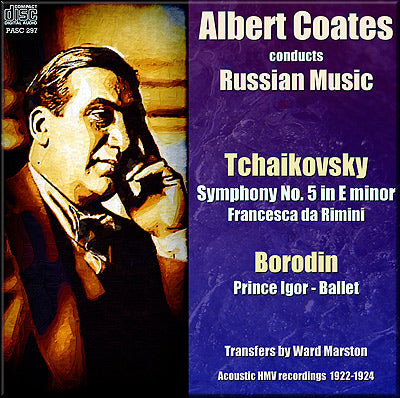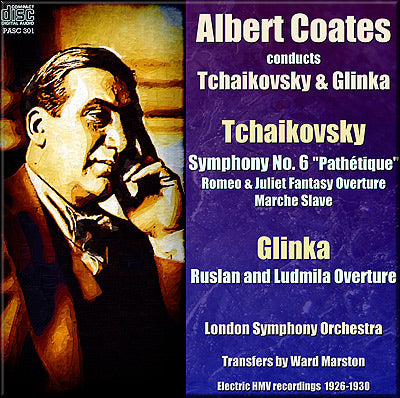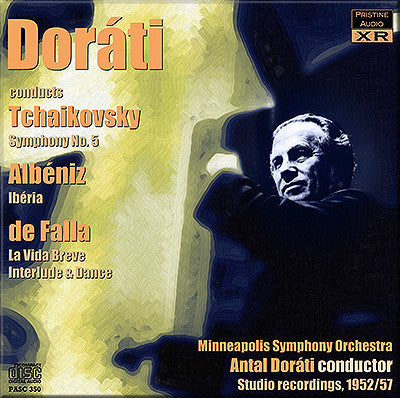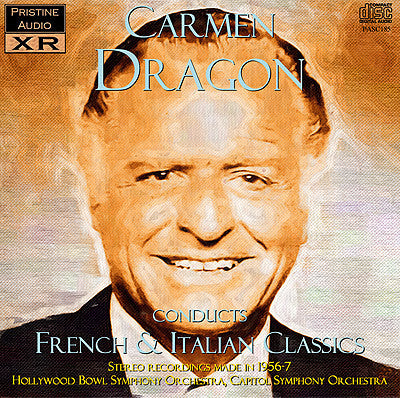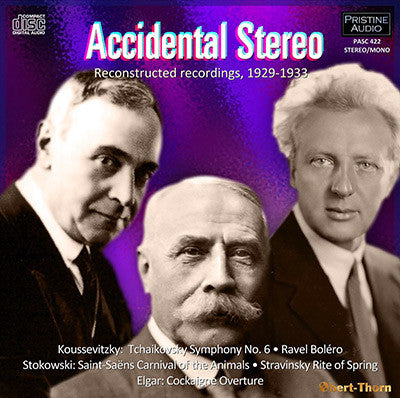Tchaikovsky
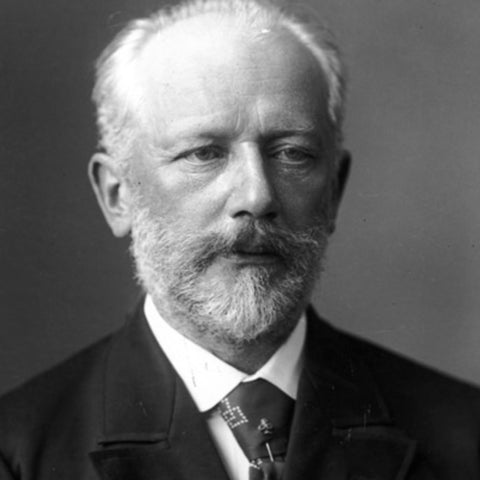
Although musically precocious, Tchaikovsky was educated for a career as a civil servant. There was scant opportunity for a musical career in Russia at that time and no system of public music education. When an opportunity for such an education arose, he entered the nascent Saint Petersburg Conservatory, from which he graduated in 1865. The formal Western-oriented teaching he received there set him apart from composers of the contemporary nationalist movement embodied by the Russian composers of The Five, with whom his professional relationship was mixed. Tchaikovsky's training set him on a path to reconcile what he had learned with the native musical practices to which he had been exposed from childhood. From this reconciliation, he forged a personal but unmistakably Russian style—a task that did not prove easy. The principles that governed melody, harmony and other fundamentals of Russian music ran completely counter to those that governed Western European music; this seemed to defeat the potential for using Russian music in large-scale Western composition or for forming a composite style, and it caused personal antipathies that dented Tchaikovsky's self-confidence. Russian culture exhibited a split personality, with its native and adopted elements having drifted apart increasingly since the time of Peter the Great. This resulted in uncertainty among the intelligentsia about the country's national identity—an ambiguity mirrored in Tchaikovsky's career.
Despite his many popular successes, Tchaikovsky's life was punctuated by personal crises and depression. Contributory factors included his early separation from his mother for boarding school followed by his mother's early death, the death of his close friend and colleague Nikolai Rubinstein, and the collapse of the one enduring relationship of his adult life, which was his 13-year association with the wealthy widow Nadezhda von Meck. His homosexuality, which he kept private, has traditionally also been considered a major factor, though some musicologists now downplay its importance. Tchaikovsky's sudden death at the age of 53 is generally ascribed to cholera; there is an ongoing debate as to whether cholera was indeed the cause of death, and whether it was accidental or self-inflicted.
While his music has remained popular among audiences, critical opinions were initially mixed. Some Russians did not feel it was sufficiently representative of native musical values and expressed suspicion that Europeans accepted the music for its Western elements. In an apparent reinforcement of the latter claim, some Europeans lauded Tchaikovsky for offering music more substantive than base exoticism and said he transcended stereotypes of Russian classical music. Others dismissed Tchaikovsky's music as "lacking in elevated thought," according to longtime New York Times music critic Harold C. Schonberg, and derided its formal workings as deficient because they did not stringently follow Western principles.

Tchaikovsky
TCHAIKOVSKY - Symphony No. 5
TCHAIKOVSKY - Francesca da Rimini
BORODIN - Prince Igor - Ballet
Acoustic HMV recordings 1922-1924
Total duration: 68:50
The Symphony Orchestra
Albert Coates, conductor
TCHAIKOVSKY March Slave
TCHAIKOVSKY Romeo and Juliet Fantasy Overture
GLINKA Ruslan and Lyudmila Overture
Electric HMV recordings 1926-1930
Total duration: 74:46
London Symphony Orchestra
BACH (arr Elgar) - Fantasia and Fugue in C minor
BEETHOVEN - Gratulations-Menuett
BEETHOVEN The Creatures of Prometheus - Overture
BEETHOVEN Symphony No. 9 'Choral'
TCHAIKOVSKY - Symphony No. 5
TCHAIKOVSKY - Francesca da Rimini
BORODIN - Prince Igor - Ballet
MOZART - Symphony No. 41, 'Jupiter'
MOZART - Der Schauspieldirektor - Overture
BEETHOVEN - Symphony No. 7
TCHAIKOVSKY Symphony No. 6, "Pathétique"
TCHAIKOVSKY March Slave
TCHAIKOVSKY Romeo and Juliet Fantasy Overture
GLINKA Ruslan and Lyudmila Overture
RIMSKY-KORSAKOV Coq d'Or - suite
STRAVINSKY Firebird Suite
RAVEL Ma Mère l'Oye - Suite
Music by Glinka, Liadov, Debussy
STRAVINSKY Petrushka Ballet
BORODIN Prince Igor - excerpts
RIMSKY-KORSAKOV Czar Sultan - Suite
RIMSKY-KORSAKOV May Night - Overture
MUSSORGSKY Khovanshchina: Persian Dances
Save 5% when you buy this set
TCHAIKOVSKY Symphony No. 5
ALBENIZ Iberia
DE FALLA La Vida Breve - Interlude and Dance
Recorded in 1952 and 1957
Total duration: 74:40
Minneapolis Symphony Orchestra
conductor Antal Doráti
French music by Lisle, Debussy, Thomas, Delibes, Offenbach, Padilla, Gounod, Saint-Saëns
Italian music by Denza, Mascagni, Paganini, Wolf-Ferrari, Tchaikovsky, Bohn, Curtis
Recorded in 1956 and 1957
Total duration: 68:50
The Hollywood Bowl Symphony Orchestra
The Capitol Symphony Orchestra
arranged and conducted by Carmen Dragon
TCHAIKOVSKY Symphony No. 6 in B minor, Op.74 (Pathétique)
RAVEL Boléro
SAINT-SAËNS Carnival of the Animals
STRAVINSKY The Rite of Spring
ELGAR Cockaigne Overture
Studio recordings · 1929-1933
Total duration: 74:03
Serge Koussevitzky - Boston Symphony Orchestra
Leopold Stokowski - The Philadelphia Orchestra

